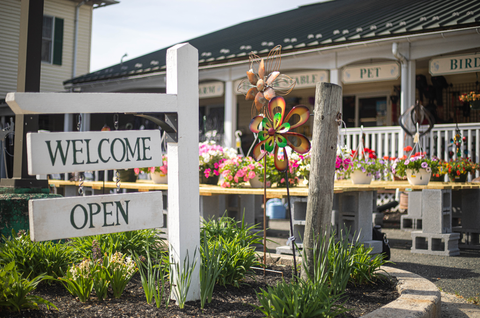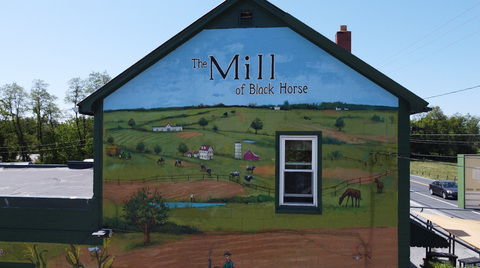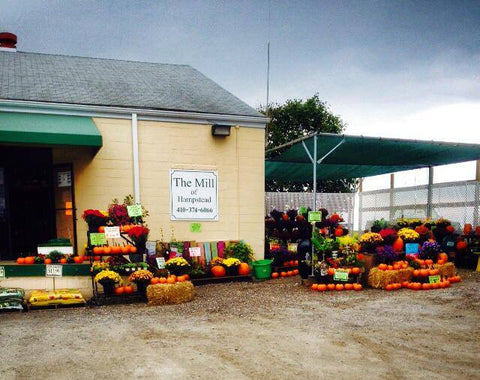Raising chickens in the backyard can be a rewarding experience. Not only do you get fresh eggs daily, but in some cases they become part of the family. Having a predator attack on your coop can be extremely devastating. Ensuring their safety from predators is a constant concern for all chicken keepers.
Free range chickens can be more accessible to predators but chickens in the coop can be just as much at risk depending on the structure. Knowing the possible enemies is the first step in protecting your flock. Here are some common predators to be aware of:
- Raccoons: These clever critters have the ability to open latches and doors.
- Foxes and Coyotes: Known for their stealth and speed, these predators can quickly decimate a flock.
- Hawks and Owls: Aerial predators that target chickens during the day and night.
- Snakes: Often go after eggs and young chicks.
- Domestic Dogs and Cats: Pets can sometimes pose a threat if they get into the coop.
- Rodents: Attracted to feed, but can harm young chicks and spread disease.

- Evidence of digging or claw marks around the coop.
- Missing or injured chickens.
- Disturbed or destroyed nesting areas.

Location, location, location! This is very important and step one of the process of predator proofing. The coop should be in a secure, visible area. Avoid dense shrubbery or wooded areas where predators can hide.
Make sure your coop is securely constructed. Sturdy materials for walls and roof should be used. Consider wood or metal. It can also be helpful to elevate the coop off the ground to deter digging predators.
Windows and entrances should be closable and reinforced. Strong locks should be used on doors and windows. Use heavy-duty wire mesh instead of chicken wire, to avoid the chicken wire from being easily stretched and broken into.

There are extra preventative measures that can be necessary depending on your area and predator presence. Taking measures to keep predators from digging under the coop is important. Bury hardware cloth or wire mesh at least 12 inches underground around the coop perimeter. This will prevent predators from digging under the walls. You can also create a concrete or gravel barrier around the coop for extra protection.
Make sure the run is not wide open. Add a secure roof or netting over the run area. This will help keep aerial predators out. Aviary netting or welded wire can be used for extra strength.
Lights and Alarms that activate with motion are used to deter nocturnal predators. The alarms can be used to alert you when there are disruptions.
Make sure you are regularly checking for and repair any damages or weak spots in the coop. Maintaining the coops structure is important to restrict access.
If predators are a strong issue, setting up decoys such as owl or coyote statues can be used as a scare tactic. There are electronic predator deterrent devices that emit sounds, lights or shocks to keep predators at bay.
Guardian animals can be a simple solution. Consider introducing guard dogs or roosters to the flock. They can help deter predators. Livestock guardian animals like llamas or donkeys are also effective protectors. They are known to let out noise when startled.

Make sure your chickens know where they can roost at night, safely. Establish a routine for bringing chickens in before dusk. Consistency is key for the flock. If it is a struggle to get chickens to come inside for the evening try treats to encourage them in and after some time they will know it is expected to come in.

Understanding the behavior of your flock is crucial. Recognize stress or fear behaviors that may indicate predator presence. Extreme movement, flapping, darting, and clucking may be signs. Provide safe spaces within the coop for chickens to retreat if they feel threatened.
To prevent predators proactive measures are crucial because if it is not fully protected your chickens are at severe risk. Regularly review and update your predator-proofing strategies to ensure your chickens remain safe and happy.











